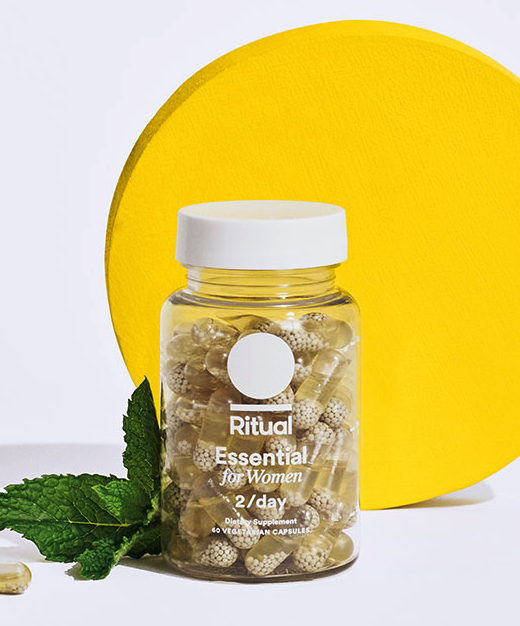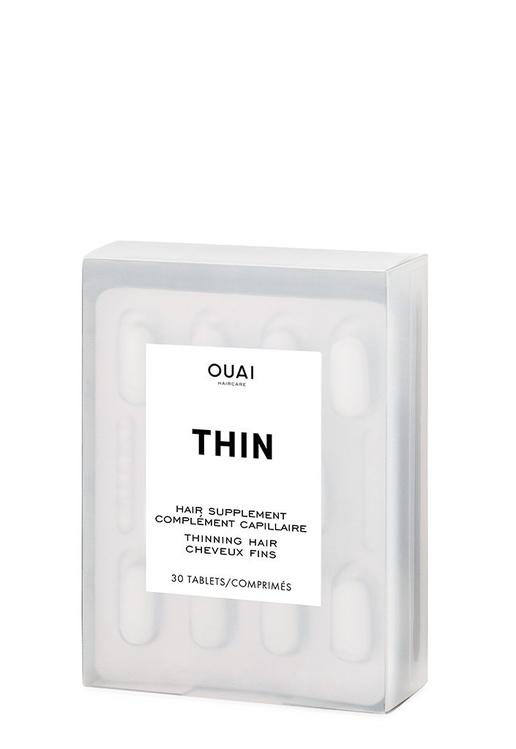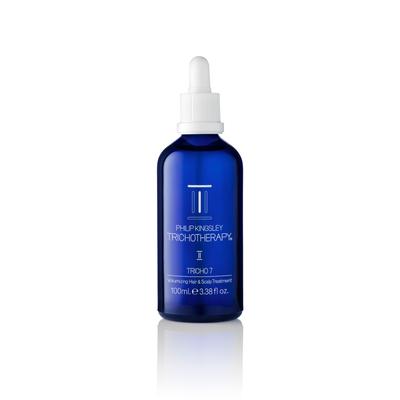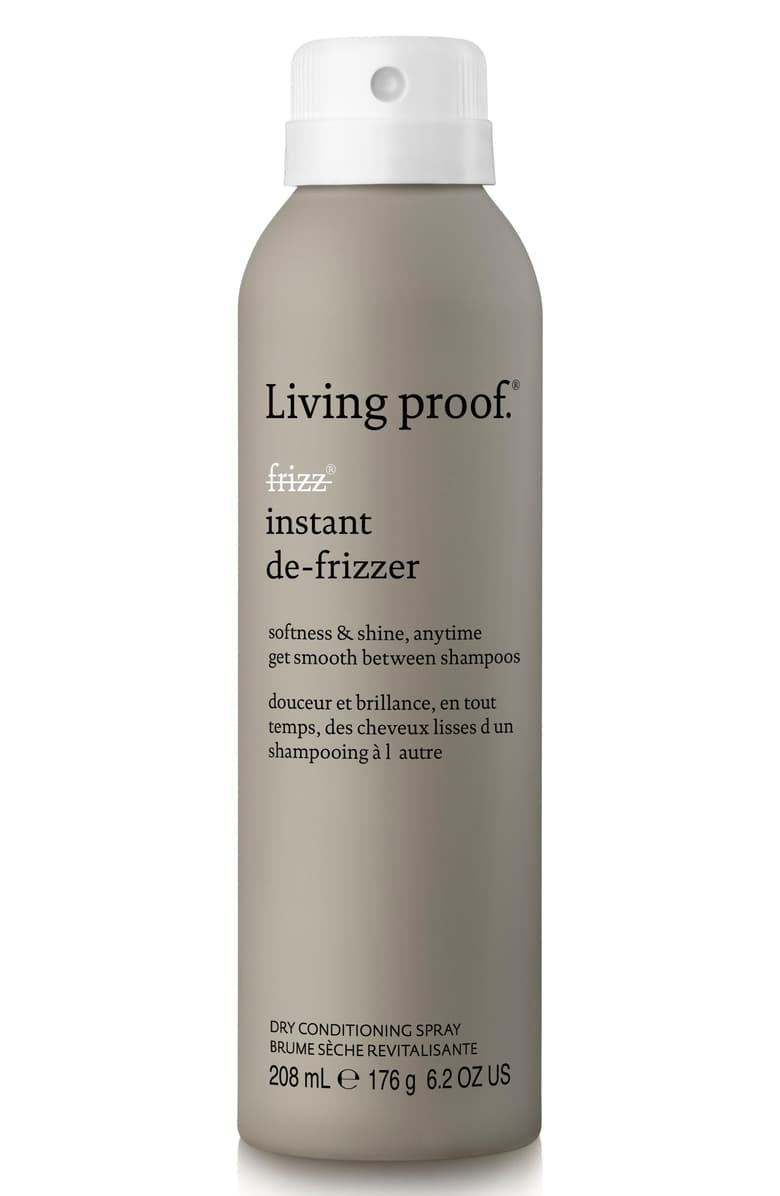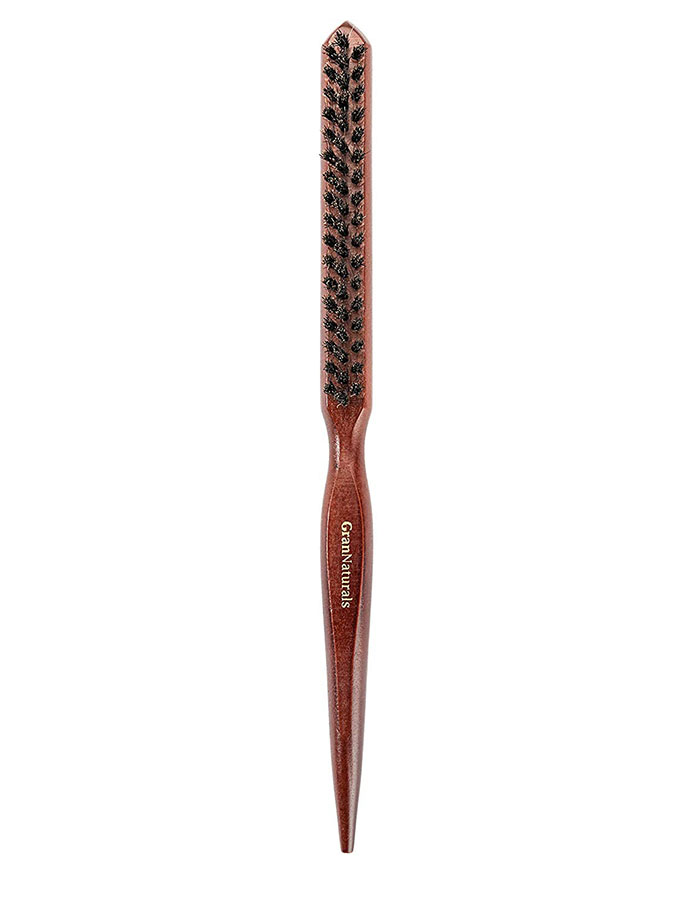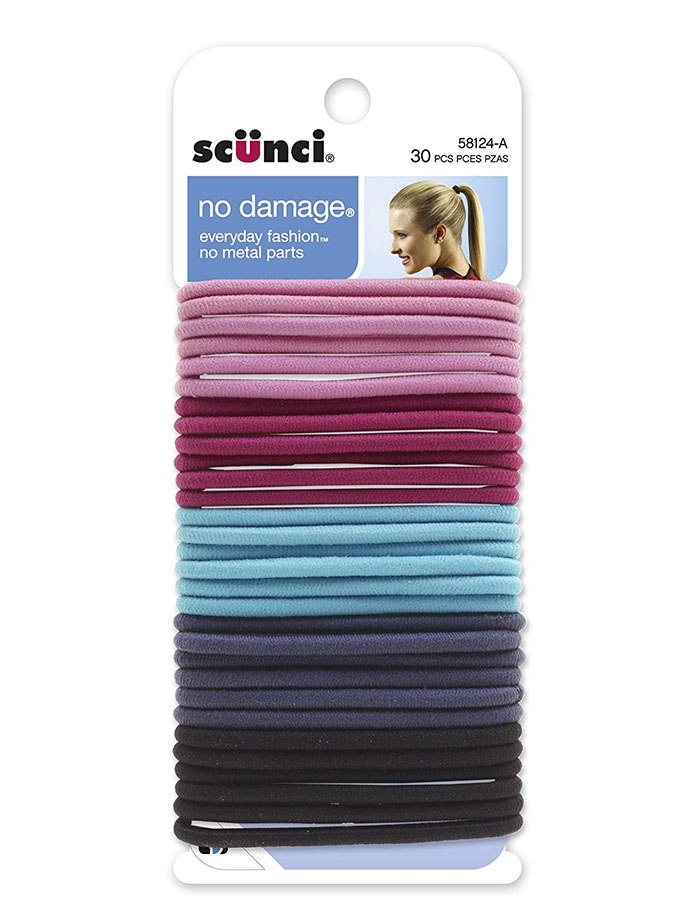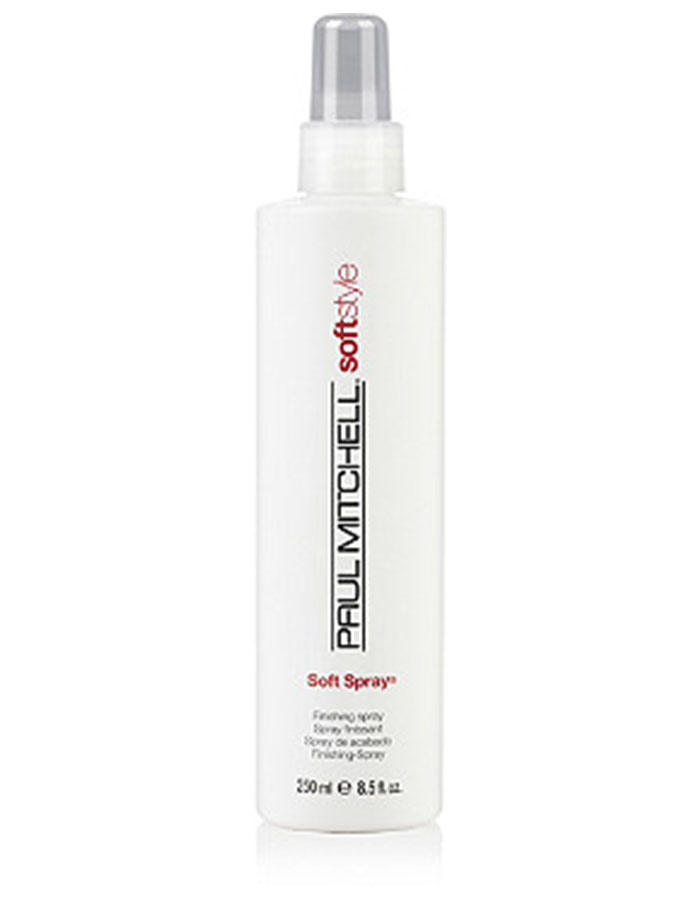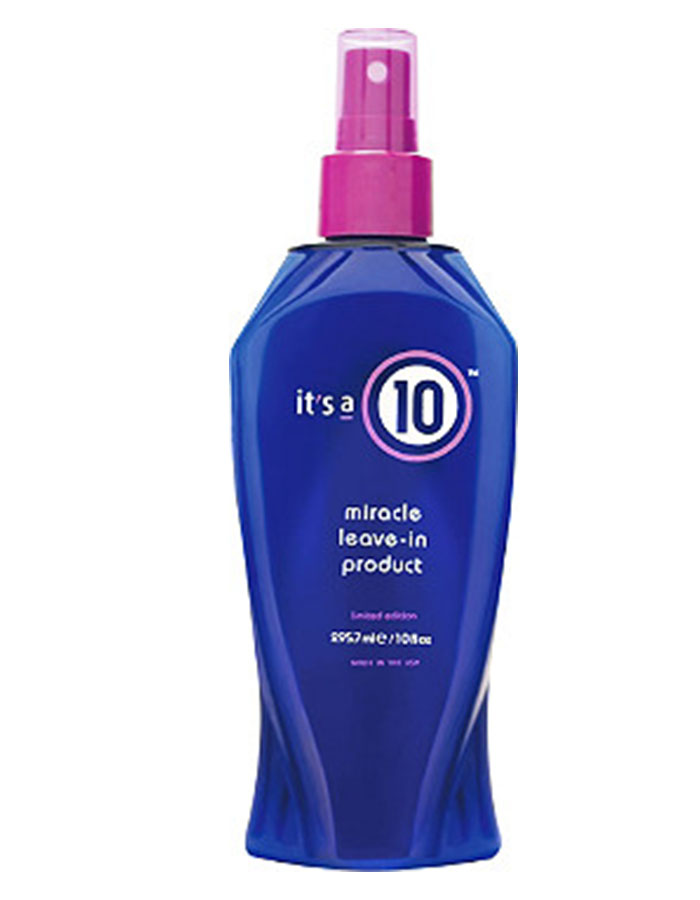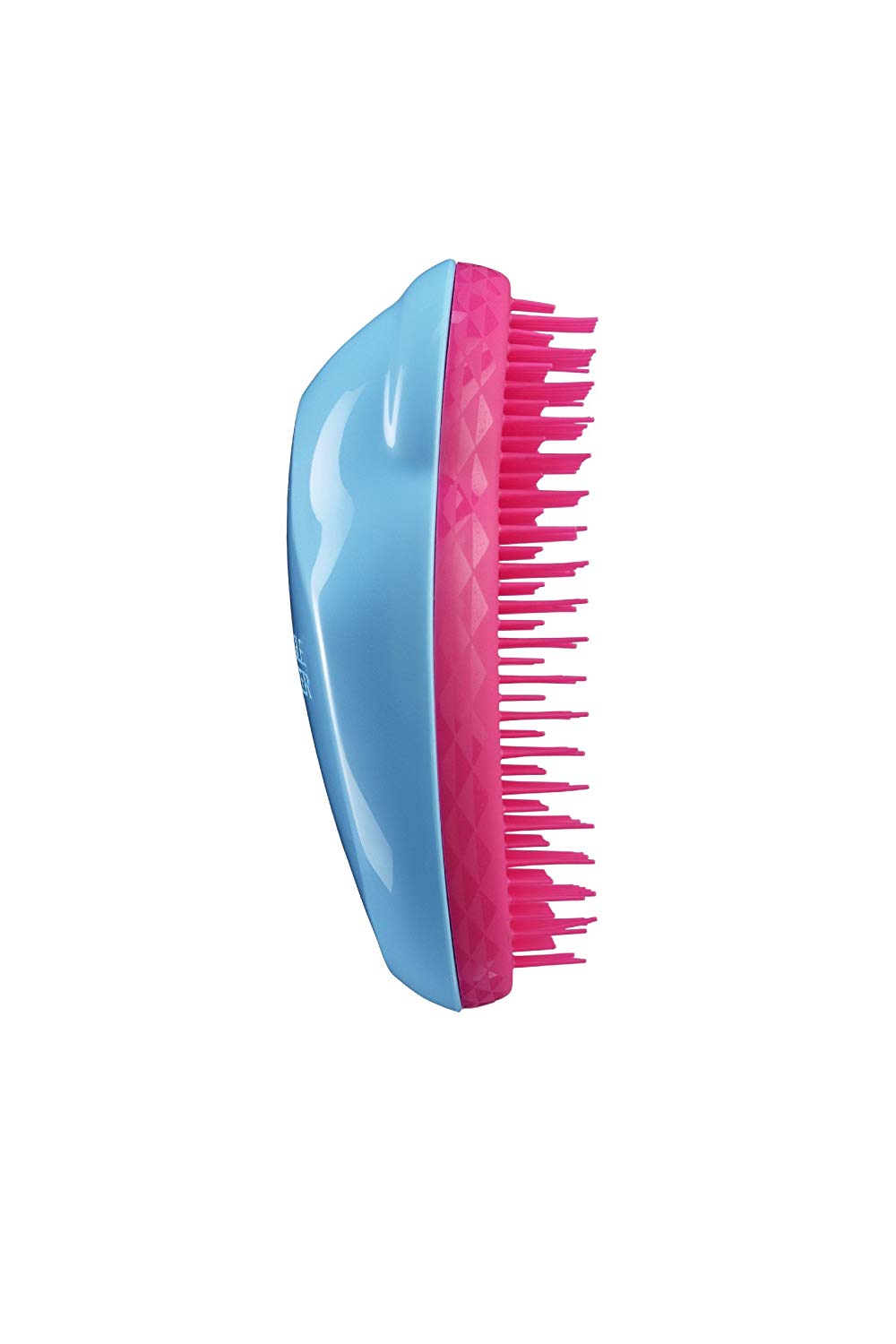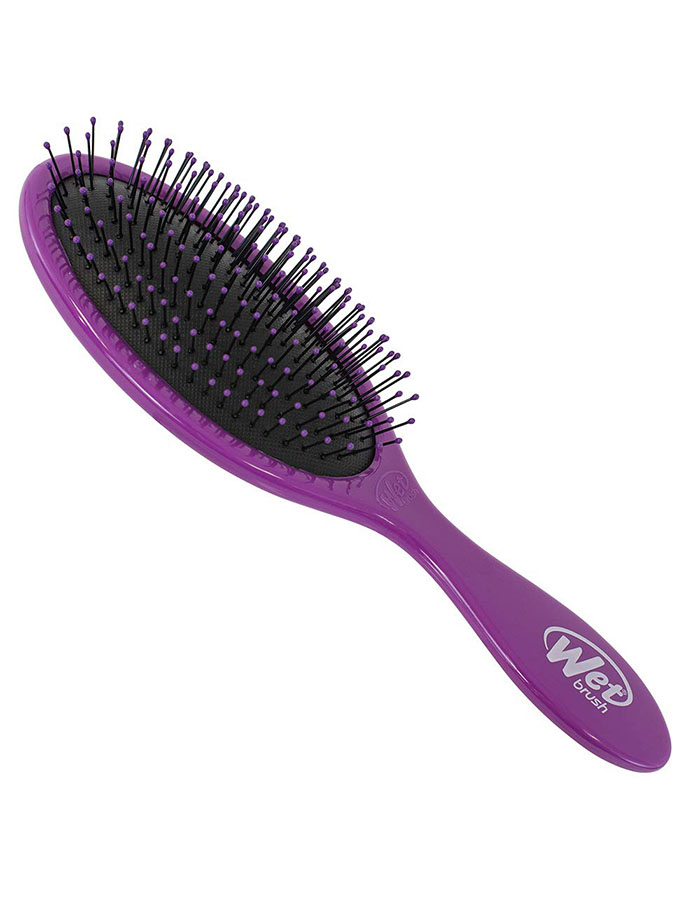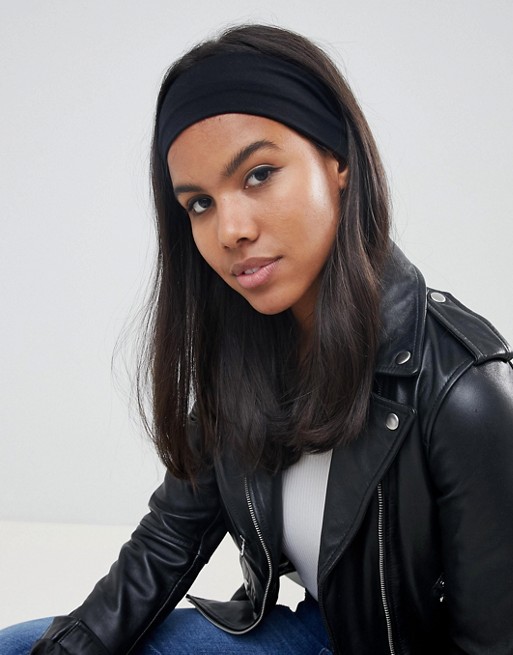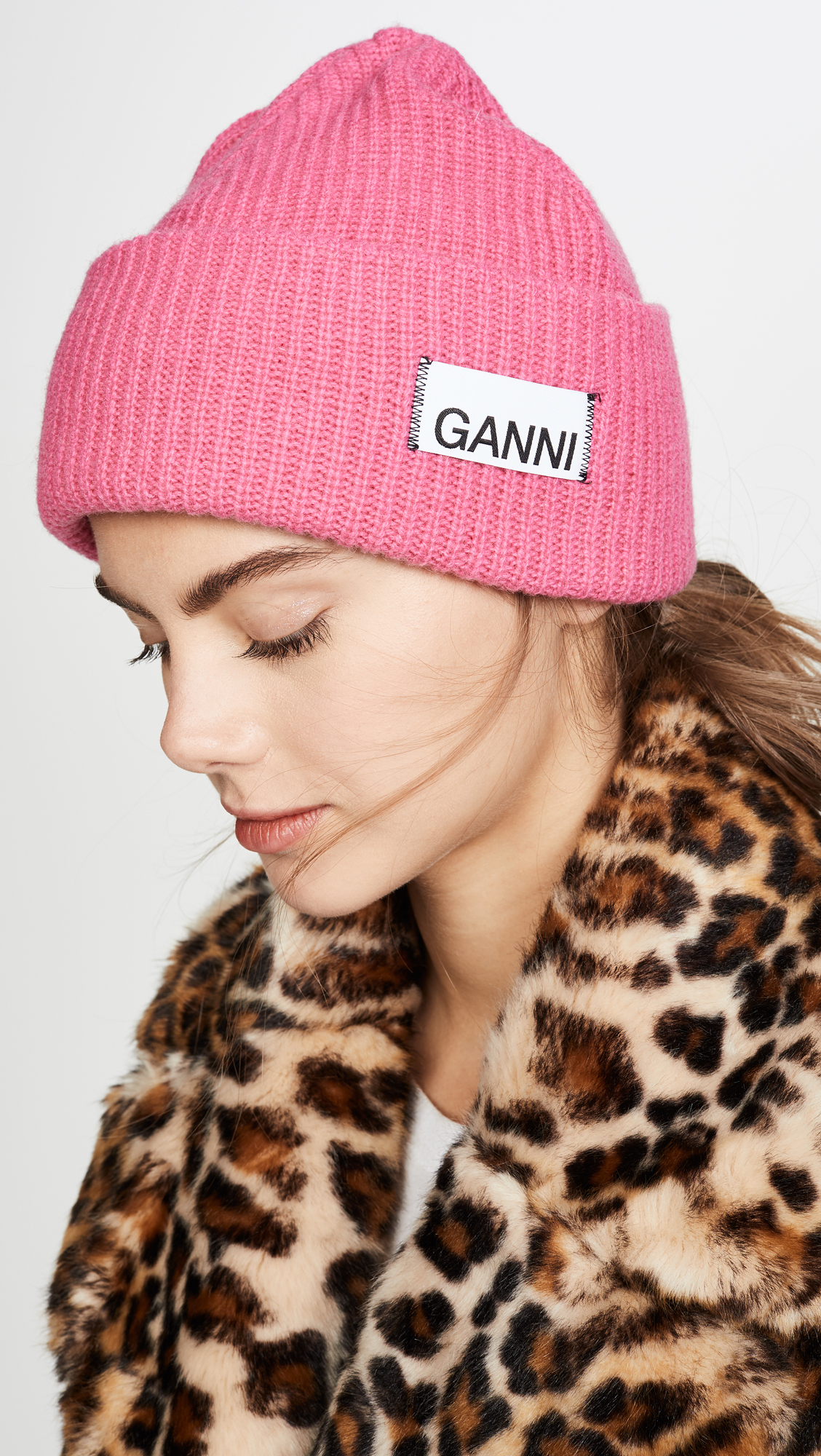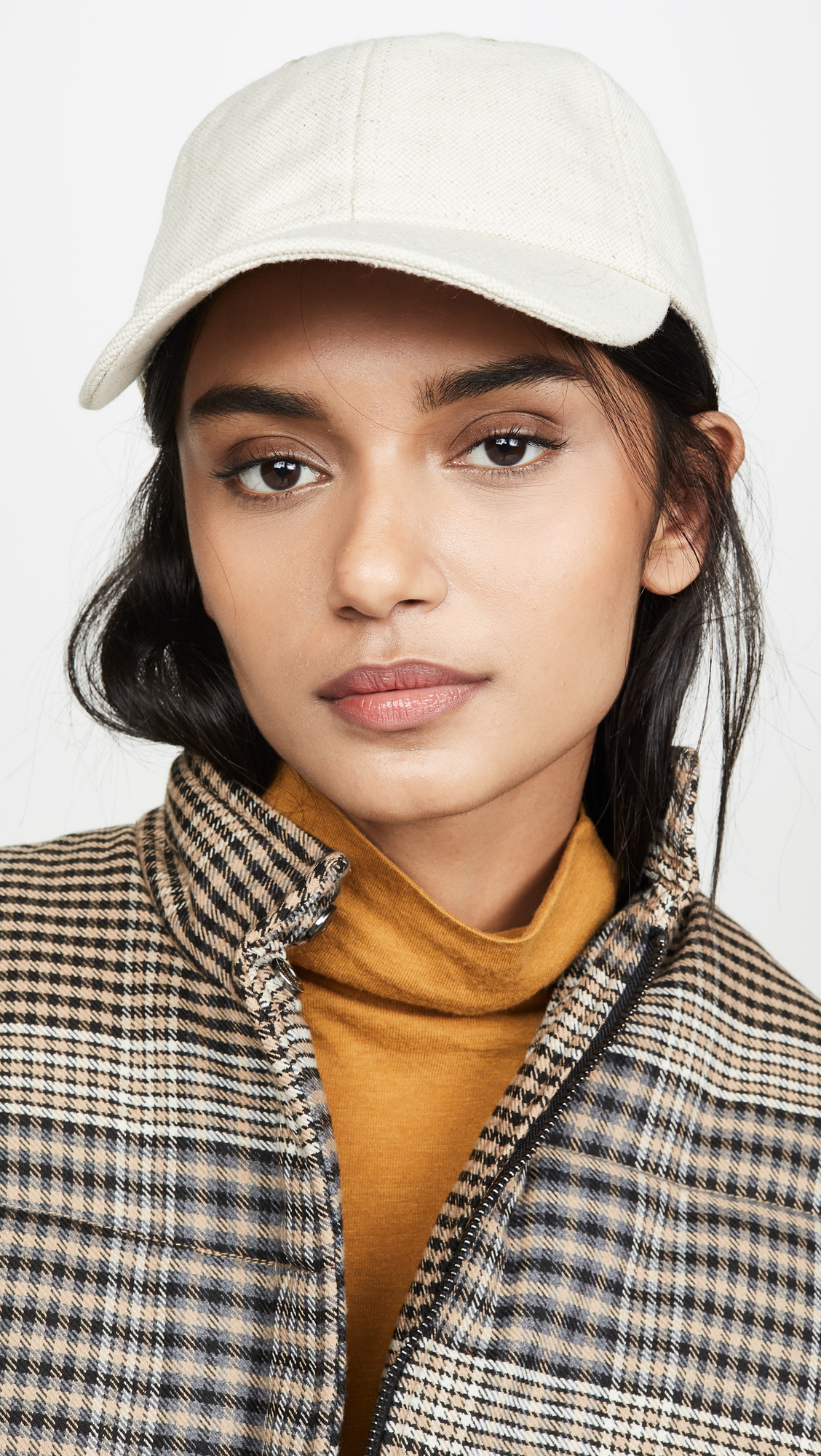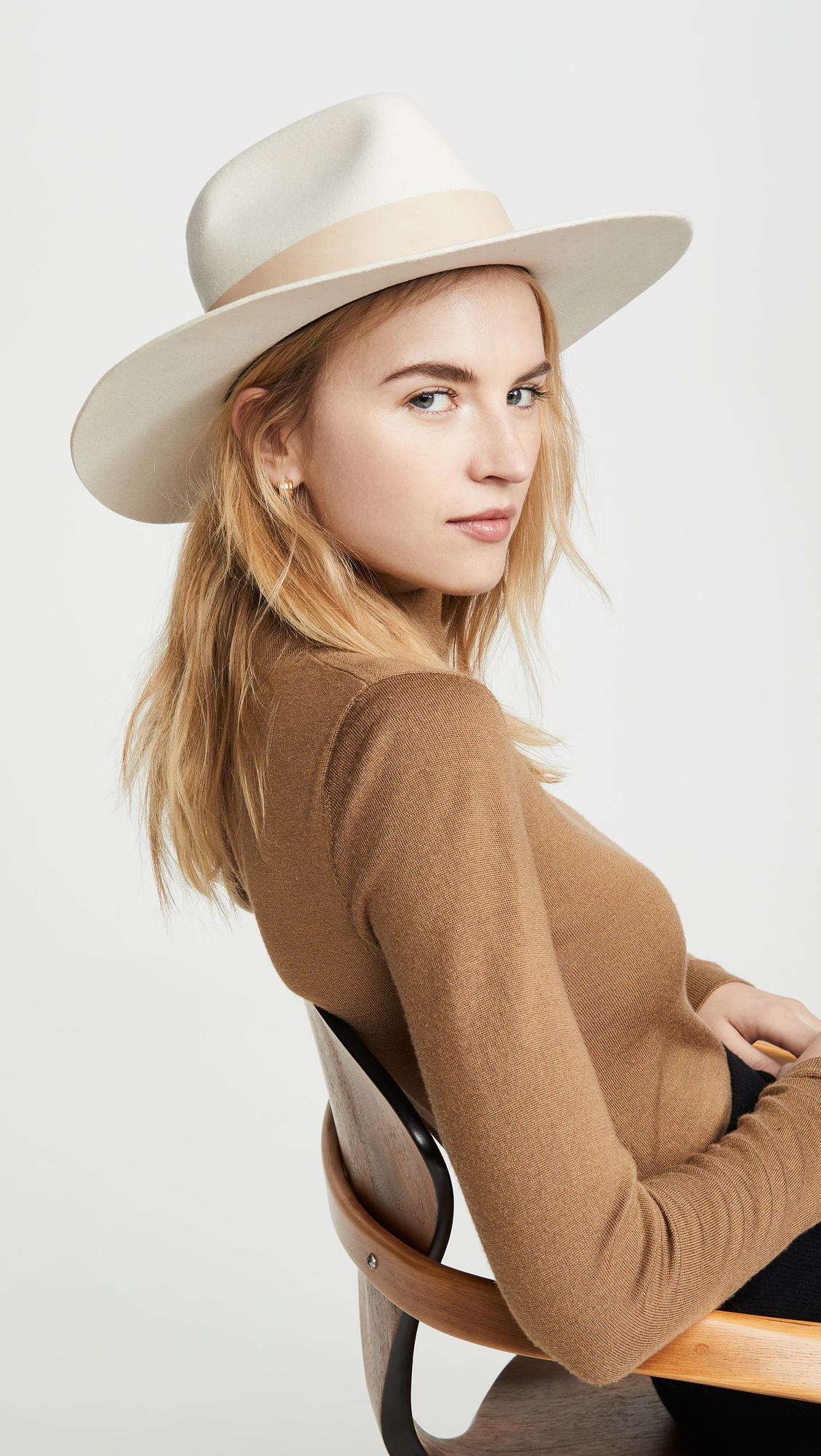Having a Baby Ruined My Hair—Here Are 9 Ways I'm Salvaging It
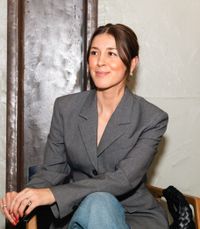
During my pregnancy, I had the best hair of my life. Shiny, thick, long locks that glistened on the ’gram and made me feel so good about myself I almost forgot about my acid reflux, sciatica, and fatigue. I wish I could credit it to some sort of game-changing shampoo, but it was thanks to—like most things in pregnancy—my hormones.
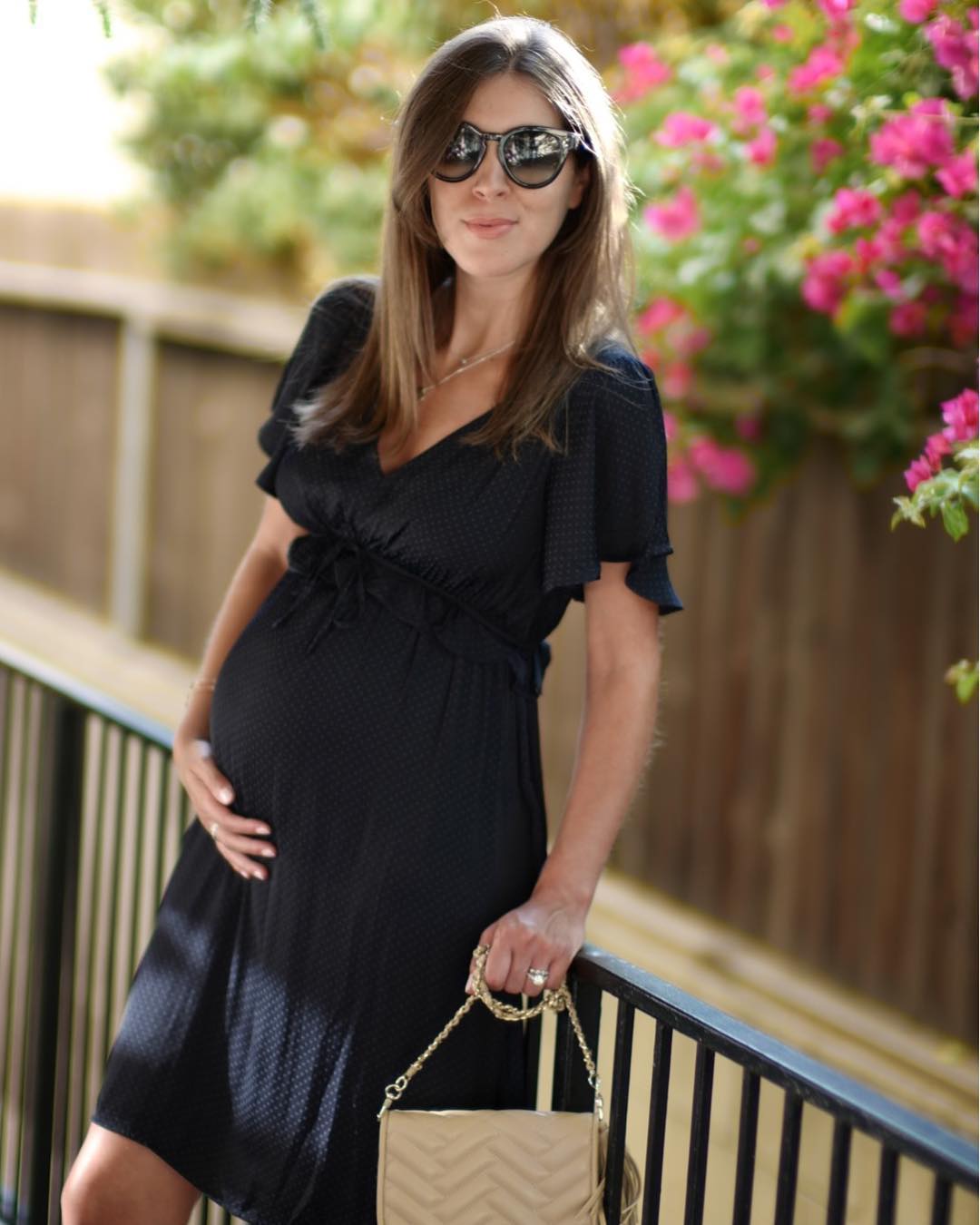
Normally, hair goes through a three-stage process: growth, a resting phase, and shedding. When you’re pregnant, hormones like estrogen prolong the growth phase, which results in less shedding and thicker hair. In addition, the prenatal vitamins you take daily help keep strands strong and shiny.
But when hormone levels return to normal after having a baby, your hair shifts back to its normal cycle too—and back to its shedding phase. Many women can experience rapid hair shedding around three to six months after giving birth. Then—the real bane of my existence—new hairs grow in, but often in uneven tufts, creating frizzy baby hairs along the hairline that refuse to lie flat and smooth. You'll find these are often referred to on the internet as the dreaded "baby bangs" or "mom bangs." It happened along my entire hairline— wispy, super-fine regrowth that defied both gravity and hair products.
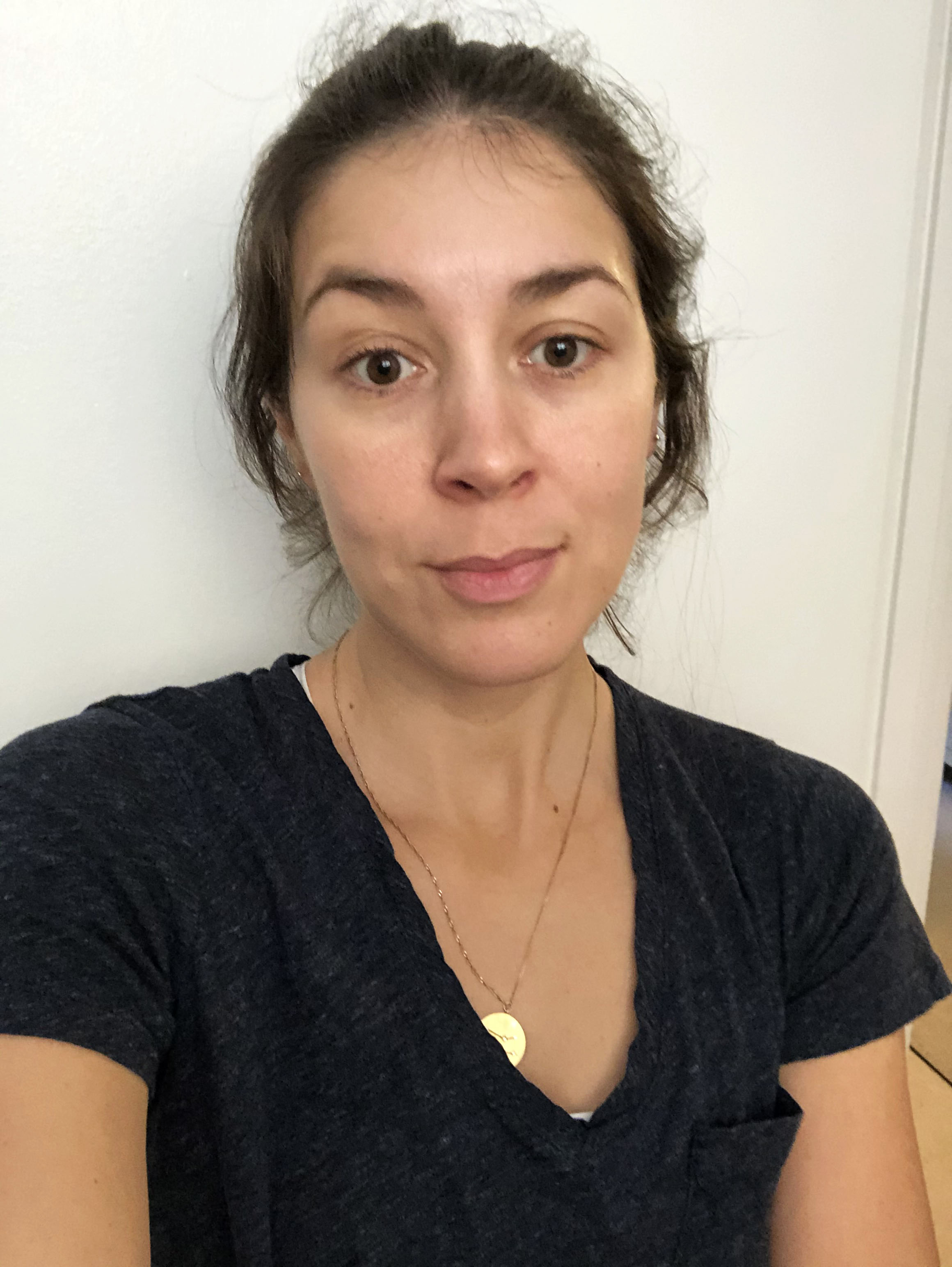
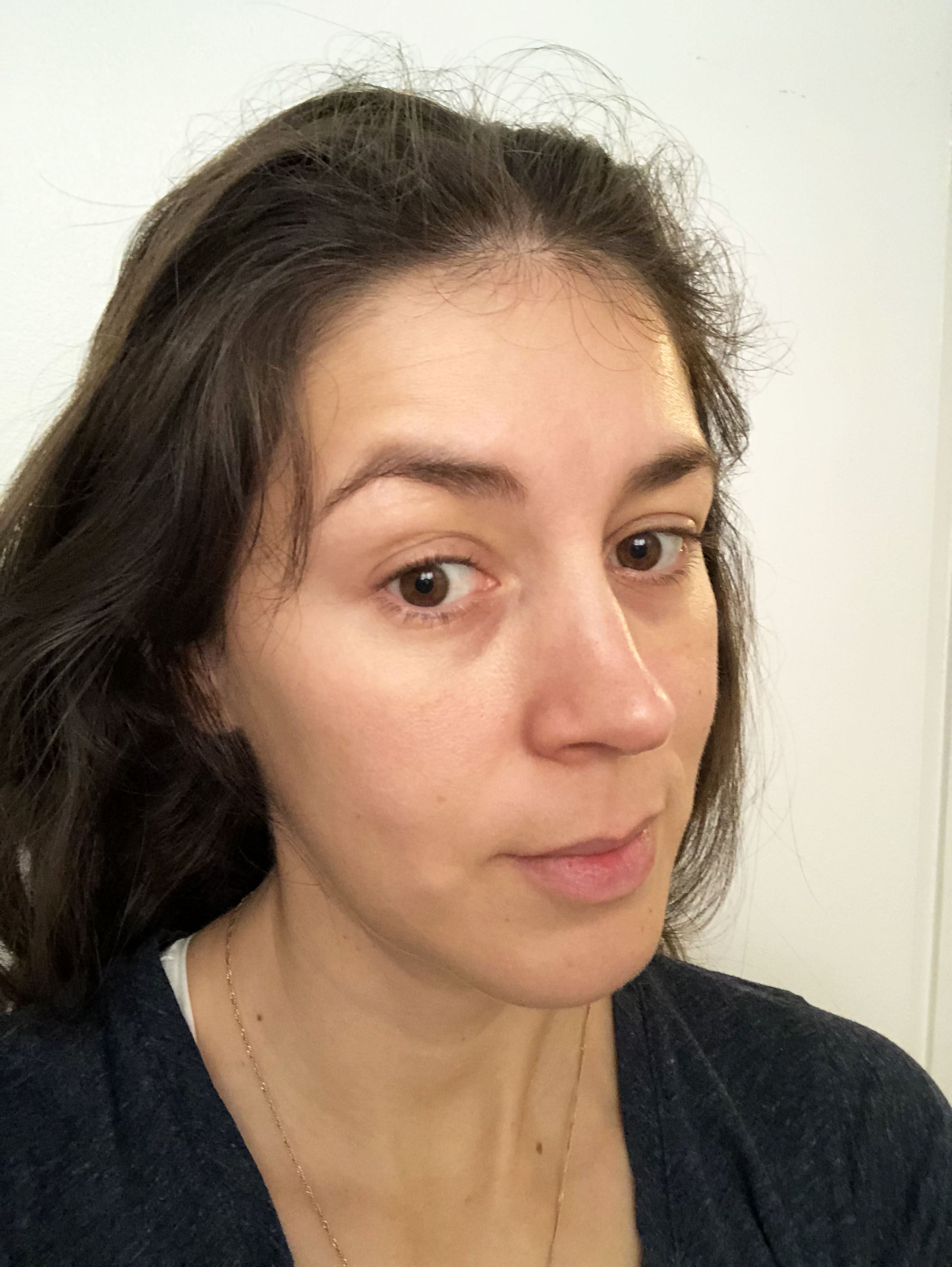
More than a year after having my baby, these little frizzy baby bangs were still driving me nuts. I know this might not sound like a big deal to some, and it's definitely one of those things that other people didn’t notice nearly as much as I did, but amid the absolute pure joy and magical moments a new baby brings, postpartum life can also be extremely challenging in so many ways (for example, dealing with an entirely new identity as a first-time mother and the stresses that often come along with it). As a full-time working mom with practically zero time to even wash my hair let alone style it, this aggravating hair issue vexed me, and every morning as I ran out the door, I felt "undone" and less confident.
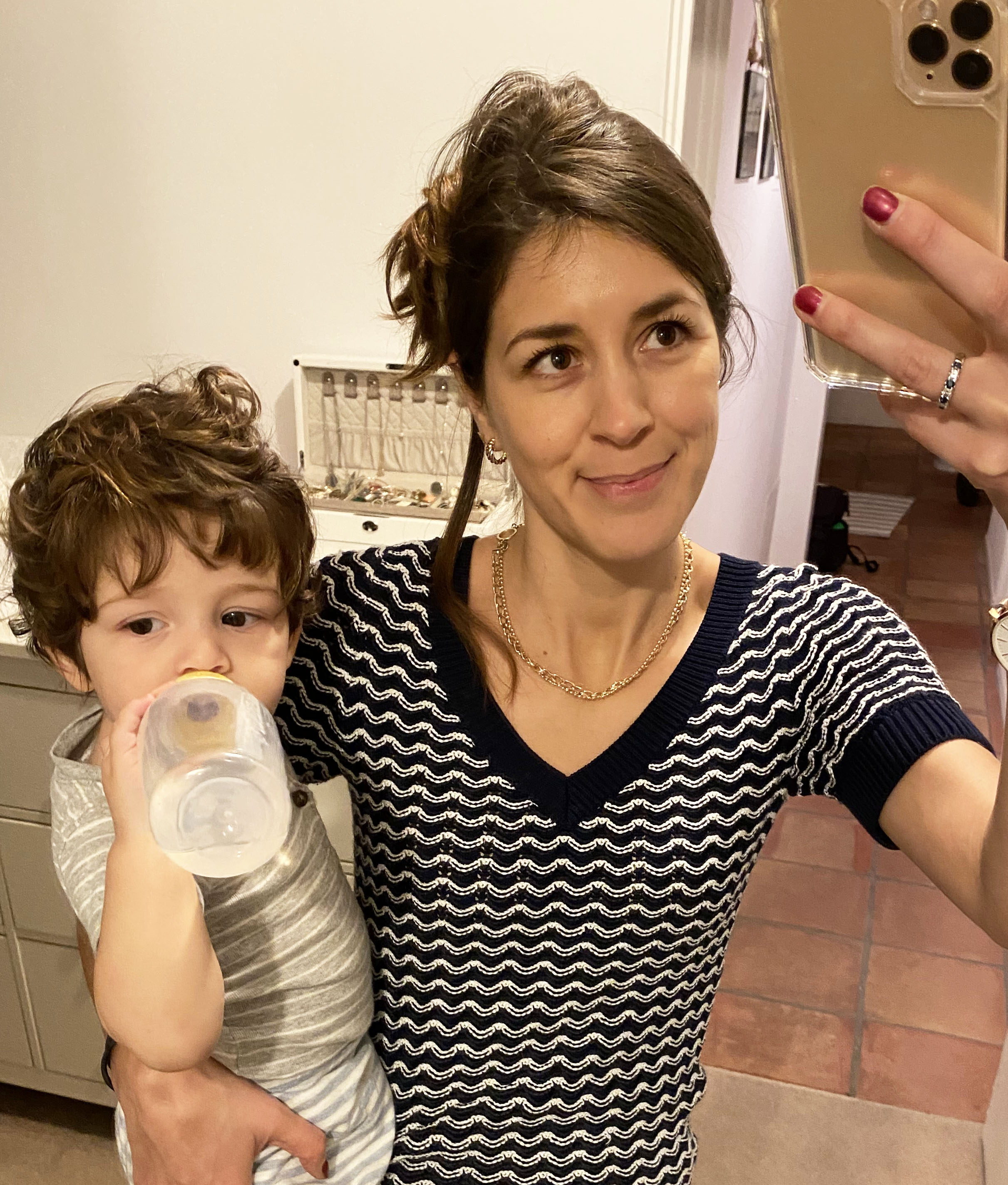
My son is almost one and a half, and my regrowth is only now long enough to no longer resemble a lion’s mane. But today, I wanted to share a few of my tips and tricks that have helped me deal with this postpartum hair along the way, so you can hopefully enjoy those magical moments of motherhood without getting frustrated with those frizzies.
Take a Daily Multivitamin and Hair Growth Supplement
After giving birth, I was so caught up with the baby that I didn't even think to continue taking my prenatal vitamins. Six months postpartum, I began to take them again to help boost my nutrient intake for a healthy scalp and hair. A multivitamin works great too. I also took a hair growth supplement containing biotin, amino acids, and silica, which all support healthy hair growth.
Stimulate Your Scalp
A healthy scalp means healthy hair, and stimulating your scalp by exfoliating, cleansing, and moisturizing can help with hair growth. I used Philip Kingsley's Scalp Drops, which I massaged into my scalp (including the front hairline) on clean, damp hair. The volumizing treatment targets thinning hair and helps give the appearance of more volume while stimulating the scalp.
Tame Frizzy Baby Hairs With an Anti-Frizz Spray and a Boar-Bristle Comb
To prevent my wispy, frizzy baby hairs from sticking up in all different directions, I tame them with an anti-frizz spray. I particularly like this dry-conditioning one from Living Proof for its non-sticky formula. I spray it on a boar-bristle comb (which I think works much better than a regular brush or comb) and then brush through the hairline in the direction I want my hair to fall—a quick and easy way to make baby bangs look less visible.
Switch From a Topknot to a Low Messy Bun
With a hairline full of flyaway, frizzy hair, I quickly realized a pulled-back topknot only accentuated the issue. Instead, I would part my hair to the side and do a softer, low messy bun or chignon—masking the worst of the baby hairs without the need for too many clips or too much hair spray. I also find wearing my hair down avoids drawing too much attention to the hairy halo.
Try a Leave-In Conditioner
A lightweight spray-in conditioner is a great way to nourish and smooth hair while helping with frizz problems. I particularly like It's a 10 Miracle Leave-In Product, as it smoothes and controls hair while adding serious shine.
Use a Wet Brush to Detangle Damp Hair
Hair can be brittle after pregnancy, and the last thing you want to do is snap or shed even more hair. To ease pulling when hair is wet and avoid unwanted snags, I switched to a good-quality wet brush that helps smooth and detangle instantly.
Add a Chic Headband or Hat
There's no question that a quick fix to conceal postpartum baby bangs is with a chic hair accessory. Headbands work well, and in cooler seasons, a hat is a perfect choice.
Try a Different Hair Part
Depending on how your hair falls, you might find that switching your part between side and middle helps hide growing baby hairs a little better.
Get a Haircut and Possibly Try Long Bangs (to Hide Your Baby Bangs)
I would recommend getting a hairstylist's opinion on this based on your hair loss/growth stage. I personally was so frustrated with my postpartum hair that I was craving a fresh, new cut to make me feel confident and inspired again. I'm so happy with my decision to cut in long, regular, thick bangs. Sure, you can still see little growing baby hairs here and there, but for the most part, my new bangs help camouflage and conceal the frizz. Moreover, the cut made me feel like a new woman. I now totally agree with that Saturday Night Live skit—the mom cut chooses you!
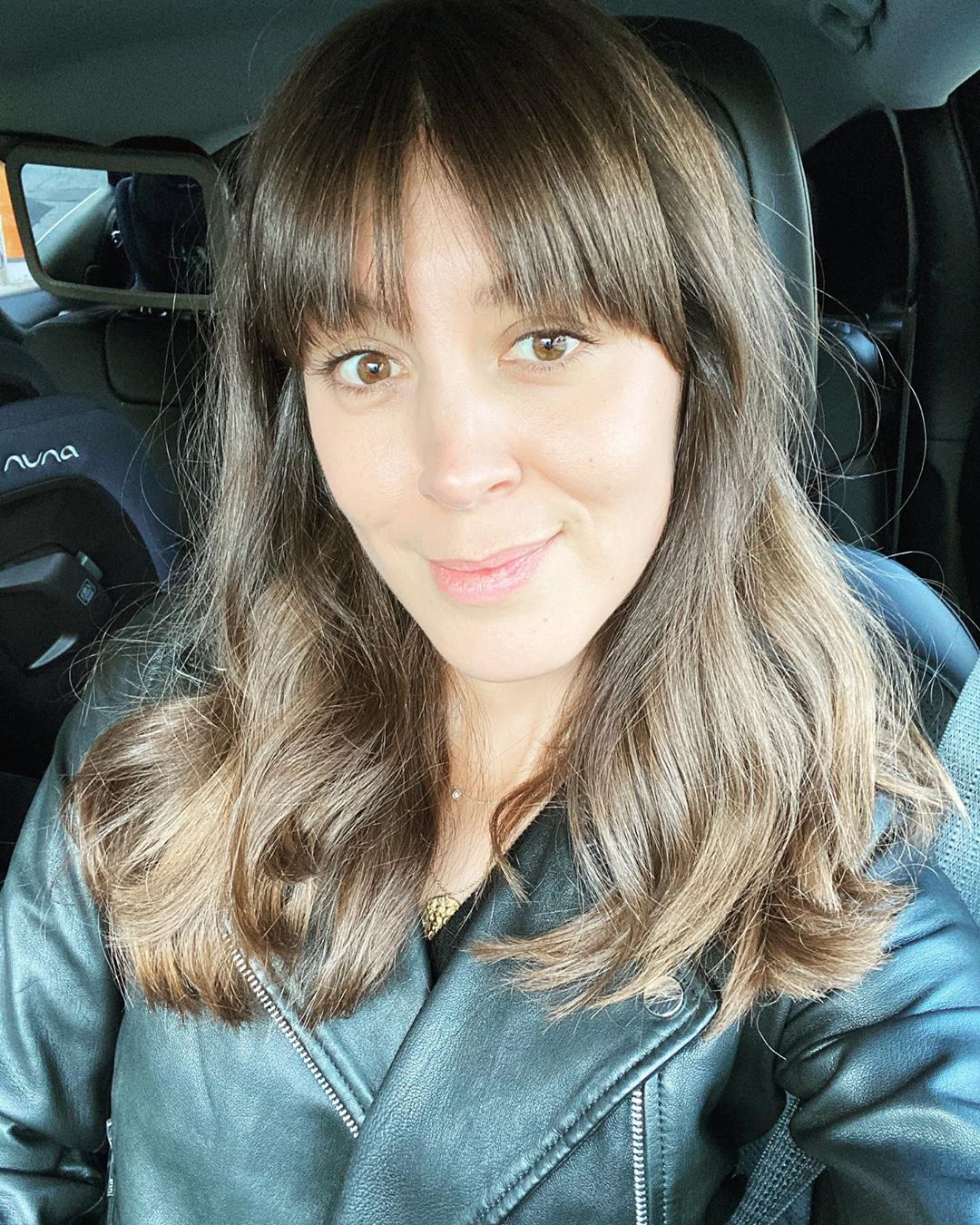
Up next, these will be the six biggest hair trends to try this spring.
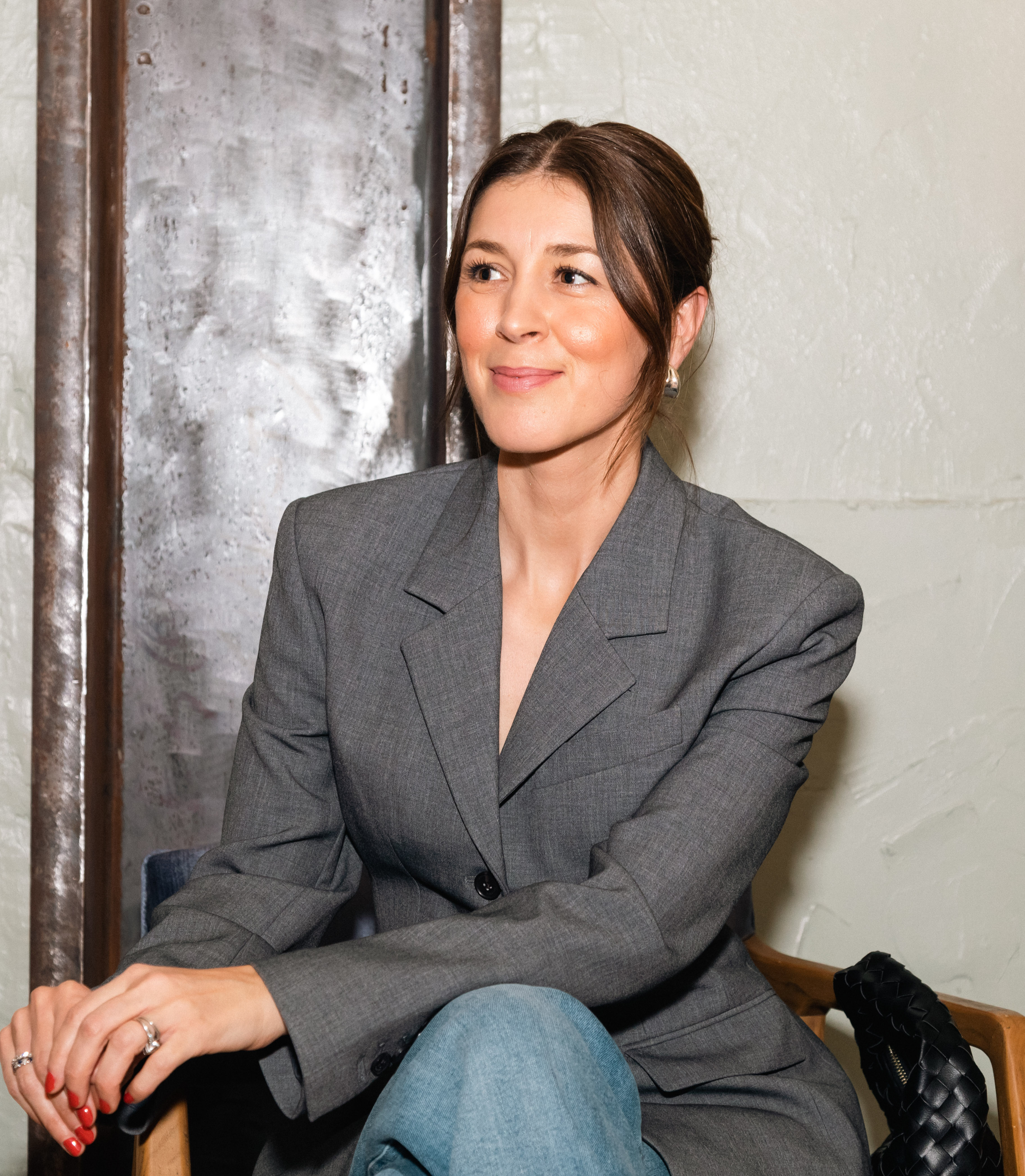
Judith Jones is the associate shopping director at Who What Wear and has worked in fashion for over a decade. She specializes in shopping content and trend stories with high-affiliate impact. She shares the coolest, most desirable fashion market finds and brands for every budget. Previous to working in fashion, Judith worked as a TV host on the PBS travel show Globe Trekker (airing on Netflix and Amazon Prime) sharing her passion for travel and culture.
